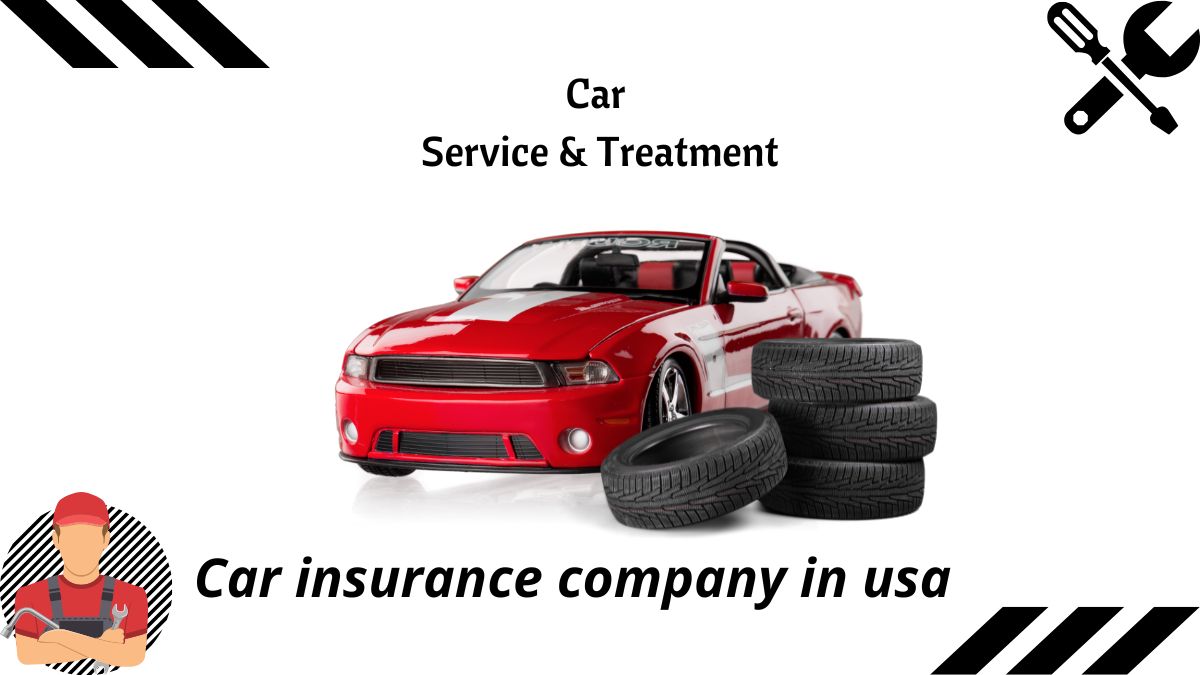Here’s a list of the top car insurance companies in the USA, along with their key features, pros, cons, and who they’re best suited for:
1. Geico
- Highlights: Affordable rates, strong digital tools, and extensive discounts.
- Best For: Safe drivers, students, and military personnel.
- Pros:
- Cheapest rates for good drivers.
- Easy online quotes and claims.
- Discounts for military, federal employees, and good students.
- Cons: Limited local agent support.
- Average Annual Cost: $1,300–$1,500.
2. State Farm
- Highlights: Largest auto insurer in the U.S., excellent customer service.
- Best For: Families, teen drivers, and bundling (home + auto).
- Pros:
- Wide network of local agents.
- Drive Safe & Save™ telematics program.
- Accident forgiveness.
- Cons: Rates can be higher for high-risk drivers.
- Average Annual Cost: $1,450–$1,700.
3. Progressive
- Highlights: Competitive rates for high-risk drivers, usage-based insurance.
- Best For: High-risk drivers, rideshare drivers, and custom coverage.
- Pros:
- Snapshot® program rewards safe driving.
- Name Your Price® tool for budget flexibility.
- Covers aftermarket parts and rideshare gaps.
- Cons: Mixed customer service reviews.
- Average Annual Cost: $1,400–$1,600.
4. USAA
- Highlights: Top-rated customer service and claims handling (for military families).
- Best For: Active/retired military members and their families.
- Pros:
- Lowest rates for eligible drivers.
- Free accident forgiveness.
- Superior financial strength (AM Best: A++).
- Cons: Only available to military-affiliated customers.
- Average Annual Cost: $1,000–$1,200.
5. Allstate
- Highlights: Rewards safe driving and offers extensive discounts.
- Best For: Safe drivers, new drivers, and those seeking accident forgiveness.
- Pros:
- Drivewise® program for personalized discounts.
- Claim Satisfaction Guarantee®.
- Mobile app for easy policy management.
- Cons: Higher premiums than competitors.
- Average Annual Cost: $1,600–$1,900.
6. Liberty Mutual
- Highlights: Customizable coverage and unique discounts.
- Best For: Rideshare drivers, hybrid/electric car owners.
- Pros:
- New car replacement coverage.
- Discounts for hybrid/electric vehicles.
- Better Car Replacement® feature.
- Cons: Mixed reviews on claims processing.
- Average Annual Cost: $1,500–$1,800.
7. Nationwide
- Highlights: Vanishing Deductible® and gap insurance.
- Best For: Loyalty rewards, pet injury coverage.
- Pros:
- SmartRide® telematics program.
- Covers veterinary bills for pets in accidents.
- Vanishing Deductible® reduces costs over time.
- Cons: Limited availability in some states.
- Average Annual Cost: $1,400–$1,700.
8. Farmers Insurance
- Highlights: Personalized service and unique coverage options.
- Best For: Customizable policies, classic car owners.
- Pros:
- Rideshare and gap insurance.
- Signal® app tracks driving habits for discounts.
- Covers original equipment manufacturer (OEM) parts.
- Cons: Higher-than-average premiums.
- Average Annual Cost: $1,600–$2,000.
9. Erie Insurance
- Highlights: Affordable rates and superior customer satisfaction.
- Best For: Drivers in the Midwest and East Coast (12 states).
- Pros:
- Rates up to 30% cheaper than national averages.
- Accident forgiveness and new car replacement.
- No brokerage fees.
- Cons: Limited availability (not nationwide).
- Average Annual Cost: $1,200–$1,400.
10. Travelers
- Highlights: Bundling discounts and accident forgiveness.
- Best For: Homeowners bundling policies, safe drivers.
- Pros:
- IntelliDrive® usage-based discounts.
- Early Quote Discount® (up to 15%).
- Premier New Car Replacement®.
- Cons: Limited local agents in rural areas.
- Average Annual Cost: $1,300–$1,600.
How to Choose the Best Car Insurance
- Compare Quotes: Use tools like NerdWallet, The Zebra, or Policygenius.
- Check Coverage Needs: Liability, collision, comprehensive, uninsured motorist, etc.
- Look for Discounts: Safe driver, multi-policy, good student, military, telematics.
- Read Reviews: J.D. Power ratings and AM Best financial strength scores.
- Evaluate Customer Service: Claims processing speed and ease of communication.
Final Tip
Regional insurers like Auto-Owners or CSAA (AAA) often offer competitive rates in specific states. Always compare at least 3–4 providers before deciding!
Let me know if you’d like help finding the best option for your state or driving profile! 🚗💨
